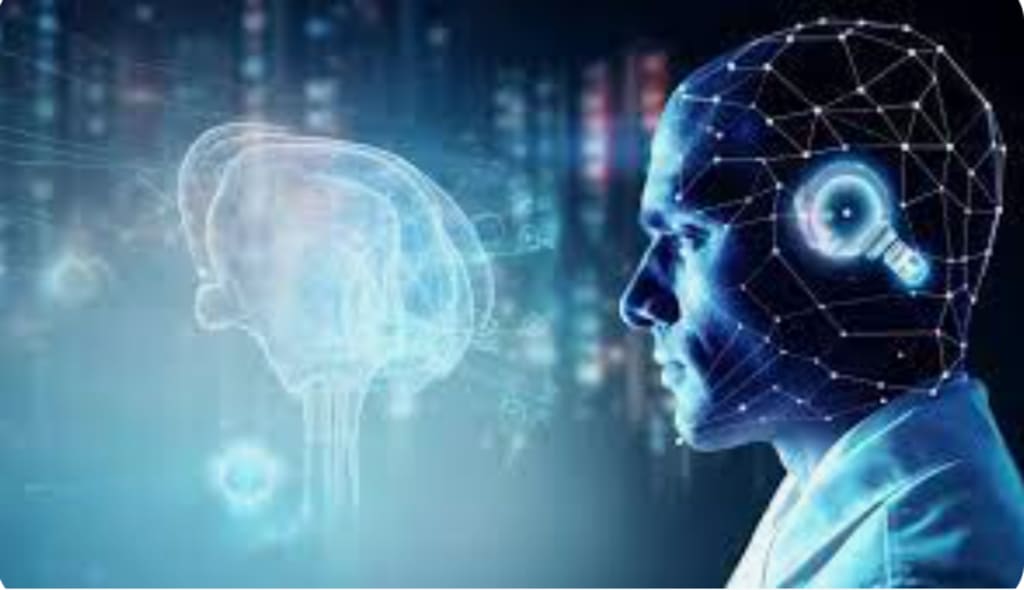Unraveling the Future: The Role of AI in Mental Health Diagnosis and Treatment
Revolutionizing Diagnosis and Treatment Through Machine Learning

Artificial Intelligence (AI) is transforming the landscape of mental health care, bringing unprecedented changes to the way we diagnose and treat mental health disorders. Combining advanced algorithms and machine learning, AI is emerging as a revolutionary force in understanding the human mind.
The Challenges in Mental Health
Today, mental health disorders are among the most significant public health issues globally. Despite the high prevalence and severe societal impact, diagnosing mental health conditions remains a complex and challenging task. A significant part of the problem lies in the subjectivity and stigma associated with mental health. Traditional diagnostic methods largely rely on self-reported symptoms, which can often be inconsistent and misinterpreted.
Challenges and Ethical Considerations
While AI holds immense promise, its integration into mental health care isn't without challenges. Ensuring data privacy is a significant concern. As AI systems require vast amounts of personal data, safeguarding this information is crucial to prevent misuse.
The ethical use of AI is another critical consideration. AI systems should be designed and used in a manner that respects individual rights and promotes societal well-being. They should not replace human practitioners but rather augment their capabilities, providing support where human resources may be limited.
Moreover, AI systems should be transparent and explainable, enabling users to understand how AI makes decisions about their care. This transparency is essential to maintain trust between AI systems and their users.
AI and Mental Health: A Promising Alliance
Enter AI - a cutting-edge technology that holds immense promise in transforming mental health care. By leveraging AI's ability to analyze patterns in large-scale data, we can uncover novel insights into mental health conditions, leading to more accurate diagnoses and personalized treatment plans.
One of the key areas where AI is making a significant impact is in the early detection of mental health disorders. For instance, machine learning algorithms can analyze social media activity or voice patterns to identify early signs of conditions such as depression or anxiety. This kind of predictive analysis can facilitate early intervention, thereby improving prognosis and quality of life for patients.
AI-based tools are also transforming the therapy landscape. AI-powered chatbots, like Woebot, are providing cognitive behavioral therapy (CBT) to individuals who may not otherwise have access to these services. These AI therapists can provide 24/7 support, bridging the gap in mental health care accessibility.
The Future of AI in Mental Health Care
Looking forward, AI is set to play an even more significant role in mental health care. For example, AI could help customize mental health treatments based on an individual's genetic profile and lifestyle factors, ushering in an era of personalized psychiatry.
For instance, AI could analyze genetic data to predict an individual's response to different psychiatric medications, minimizing trial-and-error approaches and reducing harmful side effects. AI could also monitor lifestyle factors, like sleep patterns and physical activity, to provide personalized lifestyle interventions alongside pharmacotherapy
However, the integration of AI in mental health care comes with its own set of challenges. Issues around data privacy, ethical use of AI, and the necessity for human oversight are critical aspects that need to be addressed.
To guide the responsible development and use of AI in mental health, organizations like the National Institute of Justice (NIJ) have established principles that emphasize the importance of rigorous research methods, ethical considerations, and collaboration between public and private entities. The NIJ aims to ensure that AI not only advances mental health care but does so in a manner that respects individual rights and promotes societal well-being.
In conclusion, while AI presents remarkable potential for improving mental health diagnosis and treatment, its integration into the healthcare landscape must be navigated with care and responsibility. With the right balance, AI can undoubtedly shape a future where mental health care is more accessible, effective, and personalized than ever before.
The future of mental health care with AI looks promising, but it requires a collaborative effort from technologists, healthcare providers, and policy-makers. Together, we can harness the power of AI to revolutionize mental health care, creating a future where mental health services are more effective, accessible, and centered around the needs of the individual.
About the Creator
Geoffrey Muriuki
Geoff is a tech enthusiast with interest in the transformative powers of Artificial Intelligence and blockchain. He strives to demystify the world of AI and blockchain. He believes in the potential of technology to shape a better future.





Comments
There are no comments for this story
Be the first to respond and start the conversation.